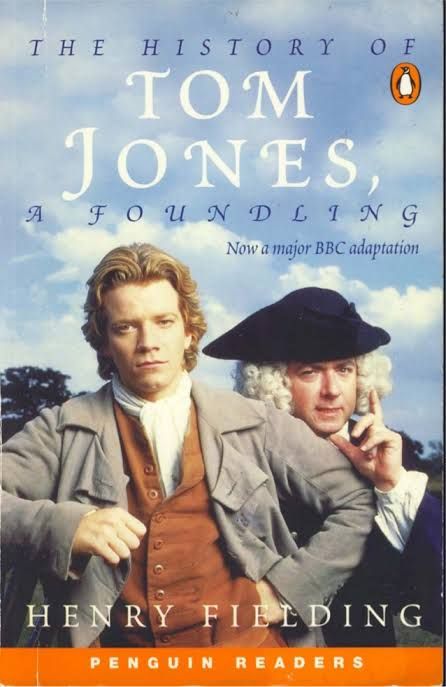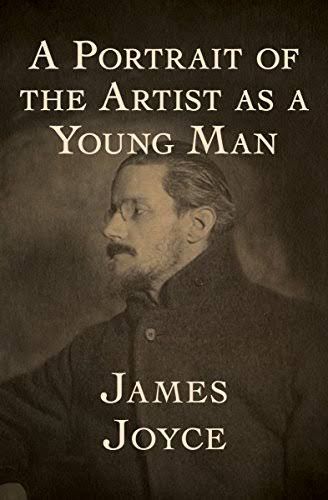Bildungsroman
Jun 25, 2019 • 117 views
Bildungsroman is a type of novel that focuses on the psychological and moral growth of its main character or protagonist, from his or her youth to adulthood. It is taken from a German word which means “novel of education” or “novel of formation.” It is taken from the German word where 'Bildung' meaning 'education' and 'Roman' meaning 'novel'. It was coined by philologist Karl Morgenstern in his university lectures in 1819. Though the Bildungsroman arose in Germany but it had extensive influence first in Europe and later throughout the world.
These stories revolve around a person who is sensitive, who looks for answers to his or her questions through different experiences. Generally, these novels start with a loss or a tragedy that disturbs the main character emotionally and he or she leaves on a journey to fill that vacuum.
Through this journey, the character gains maturity. The plots of these novels depict a conflict between the protagonist and the values of society. At the end he or she accepts those values, and they are accepted by society, ending the dissatisfaction. It is also known as a “coming-of-age” novel.
The bildungsroman novel conveys a sense of realism, as the protagonist is a common sensitive person who is affected by the loss that they suffer, and this loss, ultimately, changes the course of their life.
There are famous Bildungsroman Novels:
1. The History of Tom Jones, a Foundling by Henry Fielding:
This is a famous bildungsroman novel written in a comic mode. Tom Jones grows up into a lusty but honest young man, unlike his half-brother Blifil, who is a personification of a hypocrite.

2. David Copperfield by Charles Dickens:
This novel is termed as bildungsroman, as it traces the life of David Copperfield from his childhood to maturity and we see a change in David’s “undisciplined heart,” after Dora’s death.
3. A Portrait of the Artist as a Young Man by James Joyce:
This novel is a coming-of-age story of the character Stephen Dedalus. Throughout single word the novel Stephen discovers another path in his life. He realizes that he cannot waste his life as a cleric and needs to live in the society and be innovative like an artist.

4. Never Let Me Go by Kazuo Ishiguro:
The novel has three acts: childhood, adult and donor. It portrays the life of Kathy, the protagonist of the novel. Kathy was free-spirited, kind, and loving in her childhood. Finally at the end of the novel, she is a mature woman.
Other examples include Great Expectations by Charles Dickens, Anne of Green Gables by Lucy Maud Montgomery, Sons and Lovers by D.H. Lawrence, Member of the Wedding by Carson McCullers, Catcher in the Rye by J.D. Salinger, To Kill a Mockingbird by Harper Lee, Oranges Are Not the Only Fruit by Jeanette Winterson, and Black Swan Green by David Mitchell.
The psychological and moral growth of the protagonist gives the reader a deep insight into the character, and also helps the reader to understand the conflict in his or her life. As a result, the readers can identify themselves with the coming-of-age characters, and feel emotionally attached with the main characters.
